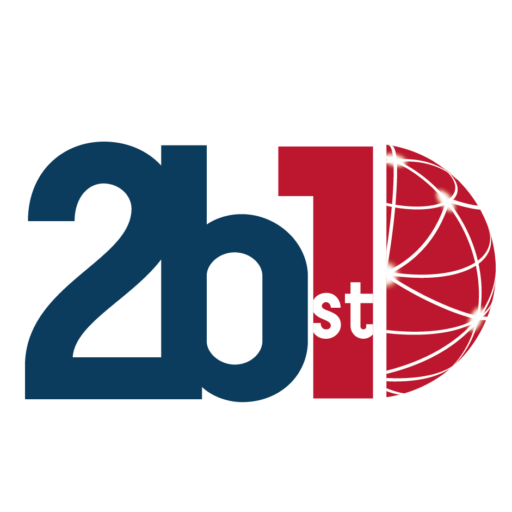Shell, Sasol and Eni sign GTL agreements with ENH
 The Royal Dutch Shell (Shell) on one side and the tandem Sasol–Eni on another side signed these last weeks agreement with the national oil company (NOC) Empresa Nacional de Hidrocarbonetos (ENH) to start feasibility studies on Gas-To-liquid (GTL) projects in Mozambique.
The Royal Dutch Shell (Shell) on one side and the tandem Sasol–Eni on another side signed these last weeks agreement with the national oil company (NOC) Empresa Nacional de Hidrocarbonetos (ENH) to start feasibility studies on Gas-To-liquid (GTL) projects in Mozambique.
During the last two years Mozambique emerged as one of the potential key players of the natural gas market with the discoveries performed in the Rovuma Basin, offshore Mozambique on the east of coast of Africa.
 Pioneered by Anadarko on the Area 1 and Eni on the Area 4, the Rovuma basin exploration has proven to be one of the most prolific opportunity in the world for non-associated gas over the last ten years.
Pioneered by Anadarko on the Area 1 and Eni on the Area 4, the Rovuma basin exploration has proven to be one of the most prolific opportunity in the world for non-associated gas over the last ten years.
Although Anadarko and Eni have not completed yet the evaluation of the reserves in their respective Area, their estimations of recoverable reserves in the Rovuma Basin fluctuate between 70 trillion and 100 trillion cubic feet (tcf).
With these gigantic reserves, the Mozambique Government required Anadarko and Eni to align on onshore development in order to optimize the infrastructures required to support the production and exportation of liquefied natural gas (LNG) while both operators will develop the offshore part of their projects in the Area 1 and Area 4 on their own.
At this stage Anadarko and Eni consider conventional concept, based on offshore platform and export pipeline to shore, as well as floating LNG vessels.
Anyway in both cases, exporting LNG from Mozambique will face tougher competition in coming years because of similar export projects in Tanzania, Australia, Russia and North America.
After the spiraling costs experiences in Australia, all the companies such as Anadarko, Shell or Eni are assessing carefully all multi-$billion LNG projects and investigate solutions to mitigate risks.
Mozambique GTL projects to leverage LNG projects
 Among the solutions, the conversion of natural gas into liquids has proven to be pertinent in a context of wide spread between the low gas prices and the high crude oil prices.
Among the solutions, the conversion of natural gas into liquids has proven to be pertinent in a context of wide spread between the low gas prices and the high crude oil prices.
From the evidences accumulated these last years, this wide spread between energy prices appears sustainable enough to consider GTL projects in Mozambique.
In Mozambique these GTL projects would provide all parties with solid benefits for all parties.
For the Government, the Mozambique GTL projects should reduce the import of expensive crude oil for the distribution of transportation fuels.
Through ENH they should also increase the local monetization of the Rovuma Basin resources.
 For the companies such as Shell, Sasol, Anadarko and Eni, the integration of GTL projects in the development of large non-associated gas projects will leverage their added value while mitigating reliance on gas markets.
For the companies such as Shell, Sasol, Anadarko and Eni, the integration of GTL projects in the development of large non-associated gas projects will leverage their added value while mitigating reliance on gas markets.
Because of their experience in world-scale GTL projects in Africa, Asia and Middle-East, Shell and Sasol appear as the best partners for Eni and ENH to develop these Mozambique GTL projects.
In starting feasibility studies now, the Shell GTL and Sasol GTL projects in Mozambique with ENH and Eni should run into commercial operations by 2021 – 2022.


